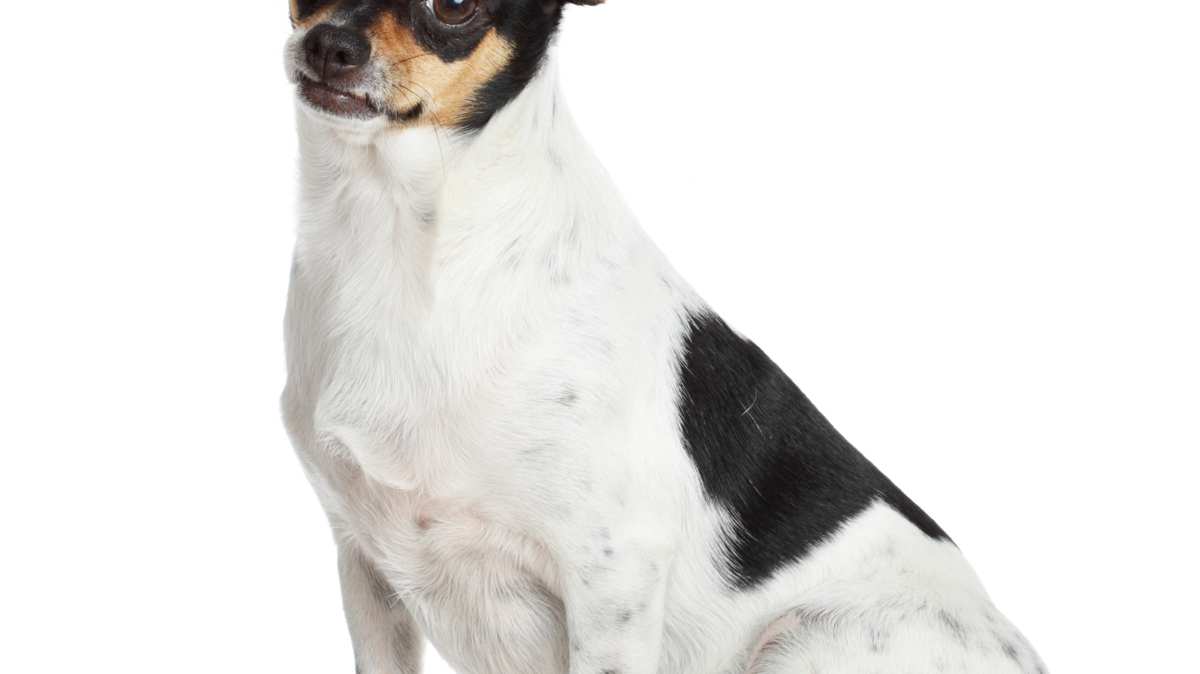Rat-cha Breed Details
Rat Terriers, as the name implies, were working dogs that kept properties free of pests and varmint, while Chihuahuas are ancient, revered companion dogs. Your Rat-cha may retain pest exterminating instincts and will make an excellent watch dog, however, they are primarily companions. This dog is perfect for a single pet household with no children (or older children). They are able to live quite comfortably in a small apartment or condo and a fenced yard is not necessary.
Pros
- These dogs make nice companions for the elderly, owners that are frequently home, and households with older kids.
- They are fairly low maintenance in regards to grooming and exercise.
- Rat-chas will likely be hardy little dogs with few health issues.
- They are perfectly sized for apartments and condos.
- Courageous and alert, they make great watch dogs.
Cons
- These dogs are ideal for households without other pets or young children.
- They are said to be difficult to housebreak and may need early training to curtail nipping, digging and barking.
- They are not intense exercise partners.
